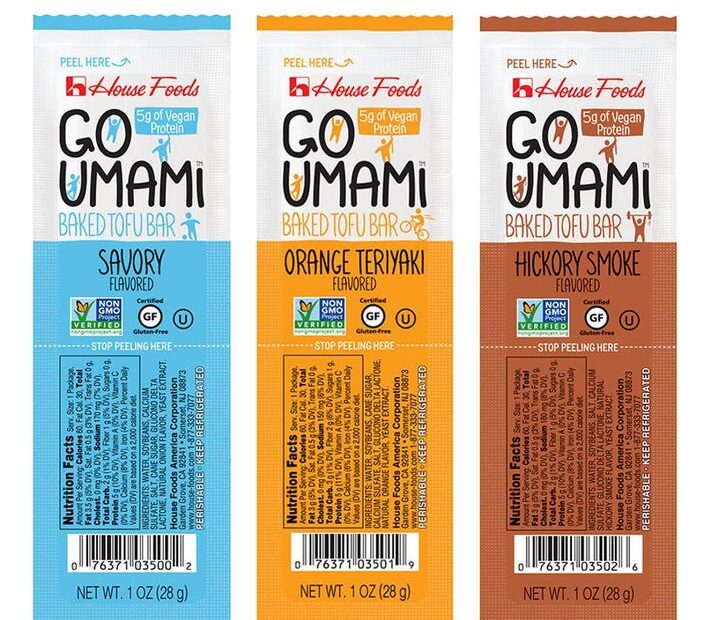I received a question from a lovely woman who is trying to focus on more plant-based eating. While focusing on more plant food sources, especially protein, is certainly a healthful habit, she is getting bored. So I did a little research to help expand my knowledge of the options available.
The go to plant-based protein sources that many already know and rely on may include soy products (edamame, tempeh, tofu, miso), nuts, seeds, legumes (beans and peanuts), and high protein grains (quinoa). Some other grains that are less readily used may include farro and freekeh. Farro is a versatile grain with a nutty flavor and larger grain compared to quinoa. Just ½ cup cooked farro contains 6 grams of protein and 5 g of fiber. Freekeh is another powerhouse grain with 8 grams of protein and 4 grams of fiber per ½ cup cooked. Freekeh cooks just like rice and may be a more subtle flavor compared to farro.
A quick search of area grocery stores shows these tasty looking plant-based protein snacks as new options for anyone (these can be a great replacement to more heavily processed crunchy, salty snacks). Check these out and let me know your favorites (so far I have had the seaweed snacks, Kind bars, and lupini beans).
- GimMe Seaweed Snacks – not a huge protein or fiber source, but definitely tasty, crunchy, and salty with only 25 calories for the entire container. I tend to pair these with a mozzarella string cheese for more staying power.
- KIND Nuts and Spices Bar – 1 bar provides 6 g or protein and 6 g of fiber. Find them sweet or savory!
- Go Umami Baked Tofu Bar – 1 bar offers 5 g of protein and just a little fiber (1 g) with a low calorie count (60 calories), feel free to add in a piece of fruit for the perfect snack combo!
- Brami Lupini Beans – these are my current favorite, easy snacking in a single pouch variety with 9 grams of protein and 7 grams of fiber.
- Go Raw Sprouted Flax Snax – I really want to try these next. 20 pieces provide 5 grams of protein and 5 grams of fiber at a reasonable calorie content (150 calories).
I was also asked about soy safety in this question from my lovely friend. I want to dispel the nutrition myth that continues to persist regarding soy and breast cancer. The most up to date scientific research does not show any correlation between soy intake and increased incidence of breast cancer. In fact, per the Academy of Nutrition and Dietetics, soy intake may offer an improved prognosis in women who have breast cancer, and young girls who include soy may have a lifelong lower risk of breast cancer. So please do not be afraid to include soy in your diet, as it offers an excellent plant based protein source.
Content submitted by: Jessica Roy MS, RD, LDN
